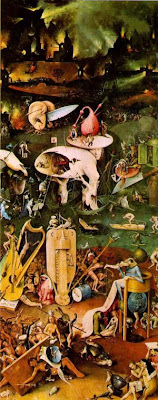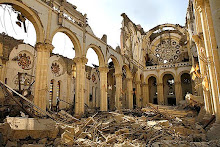... because they found nothing against me deserving the death penalty.But when the Jews objected, I was obliged to appeal to Caesar, even though I had no accusation to make against my own nation.
Assuming that the guilty party's identity and responsibility have been fully determined, the traditional teaching of the Church does not exclude recourse to the death penalty, if this is the only possible way of effectively defending human lives against the unjust aggressor.
If, however, non-lethal means are sufficient to defend and protect people's safety from the aggressor, authority will limit itself to such means, as these are more in keeping with the concrete conditions of the common good and are more in conformity to the dignity of the human person.
Today, in fact, as a consequence of the possibilities which the state has for effectively preventing crime, by rendering one who has committed an offense incapable of doing harm - without definitely taking away from him the possibility of redeeming himself - the cases in which the execution of the offender is an absolute necessity "are very rare, if not practically non-existent."
-- CCC 2267
S Rita of Cascia, religious, pray for us.
 But when he comes, the Spirit of truth, he will guide you to all truth. He will not speak on his own, and will declare to you the things that are coming.
But when he comes, the Spirit of truth, he will guide you to all truth. He will not speak on his own, and will declare to you the things that are coming.












